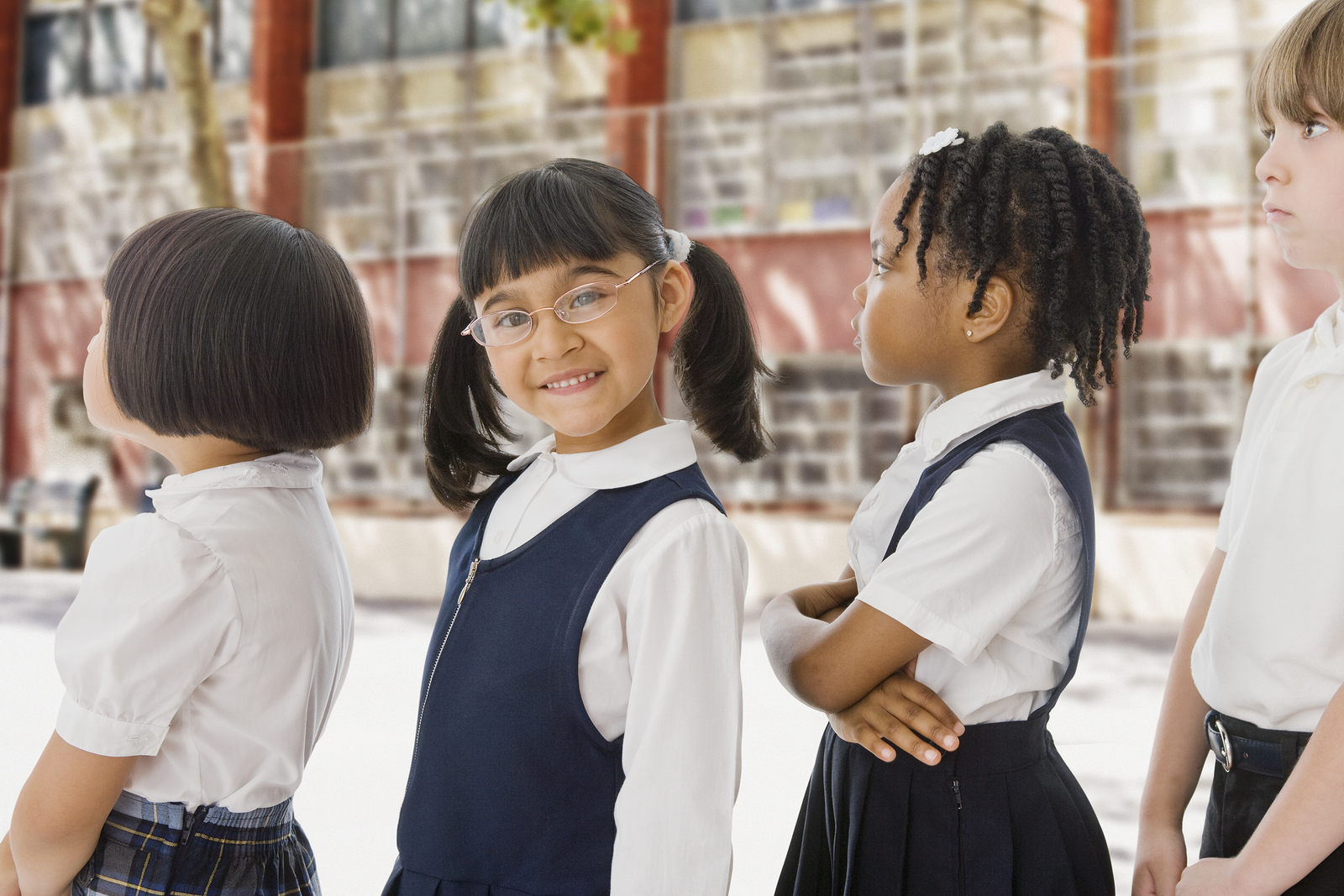What is the Definition of Self Regulation?
The term “self-regulation” is used to refer to a range of characteristics and abilities. A child with self -regulatory skills is able to focus his attention, control his emotions and manage his thinking, behavior and feelings. Adults are very good at multitasking, but children are not. An adult can be cooking dinner, talking on the phone and thinking about what to make for dessert all at the same time, whereas a child may go upstairs intending to brush his teeth and get distracted as soon as he sees a favorite toy at the top of the stairs. An adult can receive a present they dislike but still smile and thank the gift bearer graciously. A child will receive a gift they don’t like and state “I don’t want this!” and start to cry. Young children tend to live “in the moment” and are ruled by their impulses and their immediate desires or feelings, while adults can filter out distractions, exercise control and decide what is an “appropriate” response before we speak or act.
Self Regulation Is Related to Brain Maturation
While self-regulatory skills in young children have always been a concern for teachers and parents more current research on the subject has shown that self-regulation is related to more than just parenting skills and the ability to learn to follow rules or simply “behave”. Self-regulation skills take a long time to develop and are not fully in place until early adulthood. Therefore we need to have realistic expectations when it comes to working with the toddler and preschool population. Newer research has shown that self-regulation is directly related to brain maturation. Specific areas of the brain including the cingulate cortex and several regions within the prefrontal cortex are involved in development of self-regulation. Some recent research has also shown that self-regulation is ranked as the most important characteristic necessary for school readiness by kindergarten teachers and that there is evidence that early self-regulation levels have a stronger association with school readiness than IQ or academic readiness.
The key cognitive components related to self-regulation are collectively referred to as “executive functions” and include inhibition, working memory and cognitive flexibility. A child’s own temperament also has a hand in self-regulation, meaning some children just have more innate self-control and are naturally more calm, while others are more high strung and difficult to soothe.
Some Toddlers and Preschoolers Require Support
Children do develop better self-regulatory skills as they get older, however, some children require more support in these coping skills than others. Children who grow up in loving, stable environments with predictable routines and structure are better at developing these skills than children who grow up in disadvantaged environments where they lack stability and routines and where their families are exposed to high levels of stress. In working with special needs children we have also noted that children who were born prematurely or who were born drug exposed also show more difficulty with self-regulation. Children who have difficulty with self-regulation also tend to have trouble with learning and academics and are at risk for problems with aggression, anti-social behavior and depression. It is important for teachers and caregivers to be aware of this so that they can support these disadvantaged children in the toddler and preschool years.
How can we help support a toddler or preschooler’s self regulatory skills?
- Provide a structured and predictable daily routine and schedule
- Change the environment by eliminating distractions: turn off the tv, dim lights, or provide a soothing object (like a teddy bear or photo of Mom) when you sense a child is becoming upset
- Role play with the child how to act or what to say in certain situations
- Teach and talk about feelings and review home/classroom rules regularly
- Allow children to let off steam by creating a quiet corner with a small tent or pile of pillows
- Encourage pretend play scenarios among preschoolers
- Stay calm and firm in your voice and actions even when a child is “out of control”
- Anticipate transitions and provide ample warning to the child or use picture schedules or a timer to warn of transitions
- Re-direct inappropriate words or actions when needed
- In the classroom or at play groups pair children with limited self-regulatory skills with those who have good self-regulatory skills as a peer model
- Take a break yourself when needed, as children with limited self-regulatory skills can try an adult’s patience
Sources:
- Thompson, Ross A. (November 2009). Doing What Doesn’t Come Naturally: The Development of Self-Regulation. Journal of Zero to Three Vol. 30 No. 2 (pp. 33-39).
- http://www.thefreelibrary.com/Developing+self-regulation:+the+Vygotskian+view-a0159921038
- http://www.pbs.org/wholechild/parents/building.html
- http://teacher.scholastic.com/professional/bruceperry/self_regulation.htm

